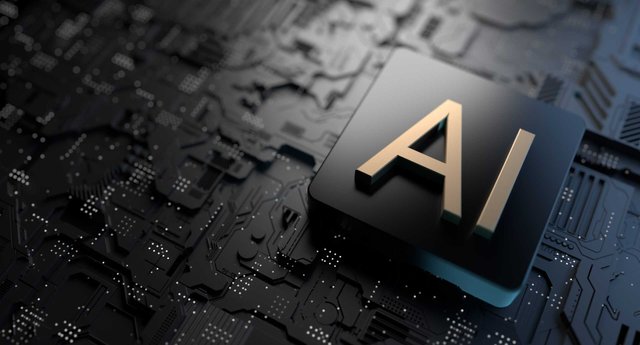
Artificial Intelligence (AI) has made remarkable strides in recent years, promising to revolutionize various aspects of our lives. From healthcare to finance, from customer service to autonomous vehicles, AI is increasingly integrated into our daily experiences. However, amid all the enthusiasm, it's essential to recognize that AI still has limitations and areas where it falls short in helping people.
Bias and Fairness:
AI systems often inherit biases present in the data they are trained on. This can lead to unfair and discriminatory outcomes, especially in areas like criminal justice, lending, and hiring. As a result, AI can exacerbate existing inequalities and societal biases, rather than mitigating them.Privacy Concerns:
AI's ability to process vast amounts of data can be a double-edged sword. While it enables personalized experiences and recommendations, it also raises significant privacy concerns. People worry about their data being mishandled or misused, which erodes trust in AI systems.Lack of Understanding:
Many AI systems are complex "black boxes" that are difficult for users to understand. This lack of transparency can make people hesitant to rely on AI-driven decisions, particularly in high-stakes situations like healthcare diagnoses.Job Displacement:
The fear that AI will replace human jobs is not unfounded. While AI can improve efficiency and productivity, it can also lead to job displacement in certain industries, potentially causing economic and social disruptions.Ethical Dilemmas:
AI may face situations where ethical decisions are required. For instance, self-driving cars may need to choose between two harmful outcomes. People have concerns about how these ethical dilemmas are addressed in AI systems.Emotional Intelligence:
AI has made strides in understanding and generating human language, but it still struggles to grasp and respond to complex human emotions and non-verbal cues. This limitation is significant in applications like mental health support or customer service.Cultural and Contextual Understanding:
AI systems, often designed by diverse teams, may not fully understand the cultural and contextual nuances of every user. This can lead to misinterpretations or insensitivity in AI interactions.Reliance on Data:
AI heavily relies on data, and this reliance can be problematic in situations where data is scarce or biased. In some regions or for certain demographics, the lack of data can lead to AI being ineffective or even harmful.Security Vulnerabilities:
AI systems are not immune to security threats. They can be vulnerable to adversarial attacks, where malicious actors manipulate inputs to deceive AI models. This has implications for AI's use in critical infrastructure and cybersecurity.Cost and Accessibility:
The development and implementation of AI can be expensive. This can lead to a digital divide, where only certain groups have access to the benefits of AI, while others are left behind due to lack of resources.
In conclusion, while AI holds incredible potential to improve people's lives, it's essential to recognize its limitations and challenges. Addressing these issues requires a concerted effort from researchers, developers, policymakers, and society as a whole. Only through careful consideration and responsible development can we harness the true potential of AI while minimizing its shortcomings in helping people.